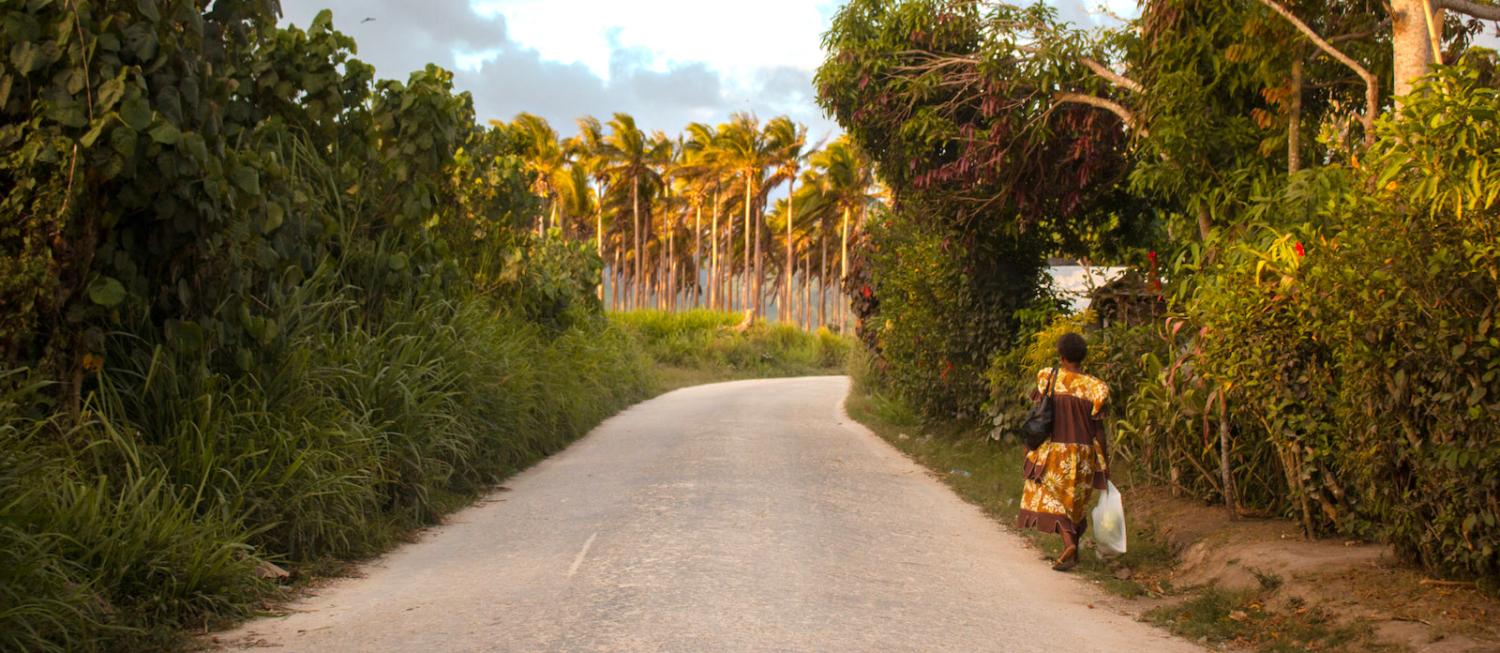The week that was on The Interpreter.
Australia recently announced the creation of the Australian Infrastructure Financing Facility for the Pacific, with a $2 billion purse. Roland Rajah:
Perhaps the most critical question is whether the Department of Foreign Affairs and Trade has the capability to run the AIFFP effectively. The integration of the Australian aid program into DFAT generally weakened its aid management capabilities, especially in more specialised areas. Yet, even prior to this, Australia traditionally relied on channelling funds to the World Bank and Asian Development Bank when it came to major infrastructure projects, given their more technical capabilities.
US President Donald Trump announced his intention to pull US troops out of Syria. Rodger Shanahan on how this affects the different actors engaged in the Syrian conflict:
Whether Trump’s decision to unilaterally withdraw within 30 (or perhaps 100) days is actually realised is not certain. What is certain is that some of his senior advisers will be seeking to have the President modify his rather unambiguous direction. People intimately involved in the Syria issue have been talking about the need to ensure the “enduring” defeat of Islamic State (ISIS), while the President has now declared ISIS defeated and that it is time to move on.
Next year sees an independence referendum in Bougainville, now part of Papua New Guinea. Annmaree O'Keefe on the economic pressures for Buka and interested foreign parties:
So a dilemma awaits Bougainville and by association, the countries engaged in the supposed power-game tussle. On one hand, potential income from its mineral resources presumably would go a long way towards meeting the budgetary needs of a newly independent nation. However, opening up those resources would require negotiations with international parties who are likely to take advantage of Bougainville’s weak position.
South Korean President Moon Jae-in is accelerating his “New Northern Policy”, an ambitious strategy to connect the ROK with its neighbours and give Seoul a bigger say in regional geopolitics. Ramon Pacheco Pardo:
The policy sharpens its middle power credentials in East Asia. Ever since the days of the Roh Moo-hyun government, South Korea has presented itself as such. Seoul does not want its foreign policy to be defined by the North Korean issue alone. Being an active player in regional affairs serves this purpose. Moon sees the New Northern Policy as an expression of South Korea’s active role in East Asia. In this case through a policy that would connect the region to the rest of Eurasia.
Alexander Davis argues that the conservative “Anglosphere” did not fall in love with India, but with their idea of what India should represent:
The way in which conservative Anglospherists see India’s history leads them to profoundly misunderstand its foreign policy priorities, its international identity, and its domestic politics.When Tony Abbott hosted Narendra Modi in 2015, he introduced the visiting PM to the Australian parliament. He referenced a common fallacy about India’s independence movement, arguing that it was primarily driven by British liberalism. India’s freedom, he argued, was won purely by non-violent means. Modi, however, evoked India’s “first war of independence”, a violent uprising against the British in 1857.
Chinese energy demand is on track to make up around a quarter of global demand within two decades, and Russia eyes an economic opportunity. Dmitriy Frolovskiy:
Given China’s growing gas demand, Moscow has been eyeing to secure its long-term share in China for the better part of two decades. And some successes were scored recently: Beijing received its first seaborne gas shipment from Russia in July. Several pipeline projects transporting Siberian gas to China are nearing completion as well. But while strengthening the bilateral relationship is certainly a geopolitical win, Beijing needs to be careful that its growing gas use doesn’t divert attention from the underlying problem: persistent and excessive coal consumption.
This year has seen a hardening of attitudes in Washington towards China, with the administration and foreign policy thinkers advocating a concerted push-back. Sam Roggeveen:
At the beginning of 2018 I would have assumed that the US would continue to slide into this future without much serious resistance. I say “continue” because the pattern was more or less set by the George W. Bush and Obama administrations, and I did not expect Trump to deviate from it. But deviate he has, and so have many of America’s allies, including Australia.
Competition between the US and China is overtaking cooperation between the two great powers in Africa. Cornelia Tremann:
Clearly, asking developing countries to choose between China and the US is a bad idea. In the immediate term, seeing Chinese activities in Africa only through the prism of competition unravels decades of work by US diplomats to improve relations with China in a “safe” area of foreign policy.
Malcolm Jorgensen argues that China’s foreign policy is undermining international law and the rules-based order:
Claims by a rising China for altered rules and institutions of international law were never a threat to overturn global legal order as a whole, but rather of fragmentation in areas crucial to Chinese security and strategic interests.
Pat Griffiths on the legal consequences of autonomous weapons:
What is the minimum level of control a human needs to maintain over a weapon in order to comply with the rules of war?
Finally, the Interpreter team pulled together a timeline of some of our best stories on the biggest events of the year. Farewell for 2018.
